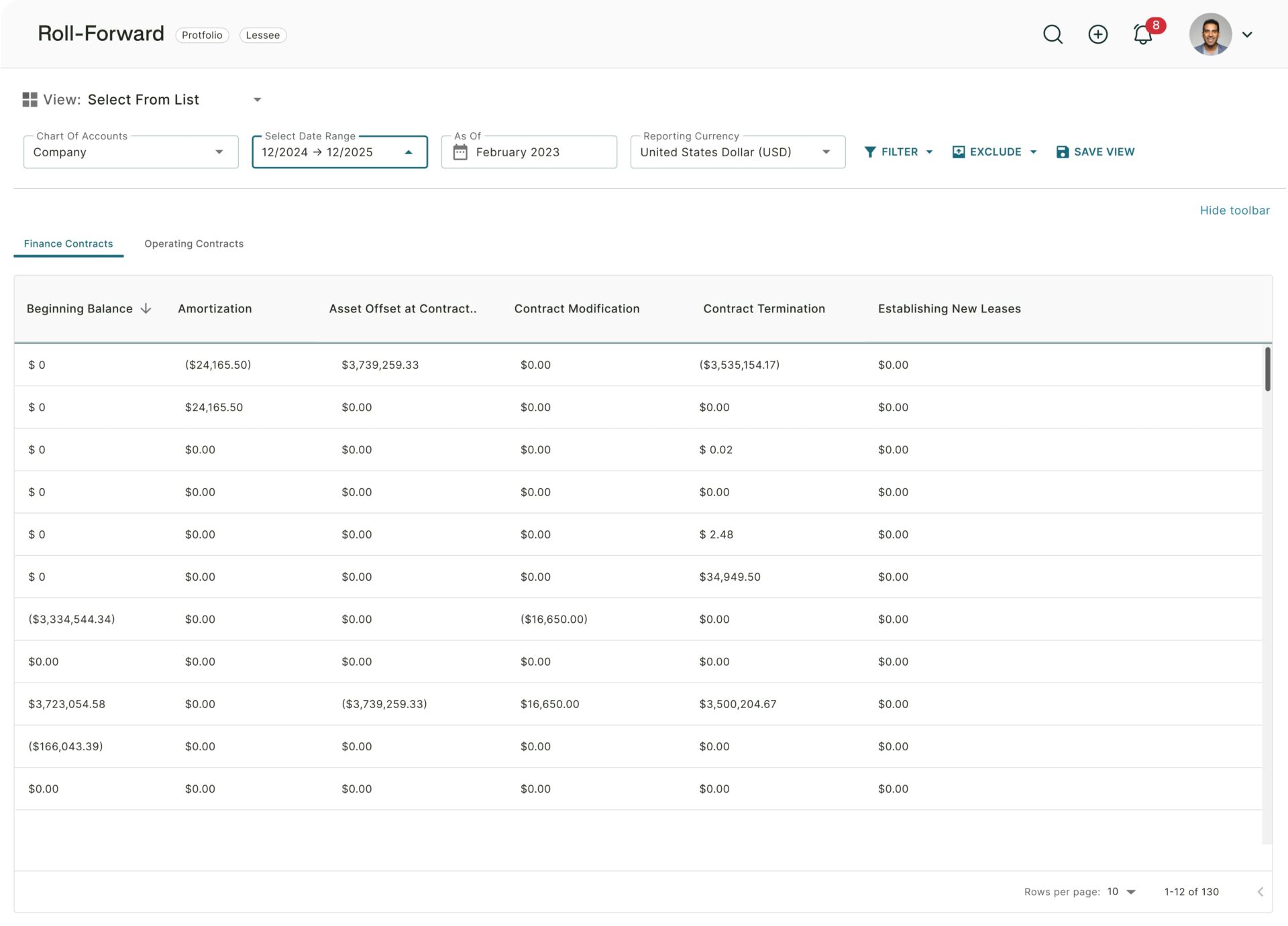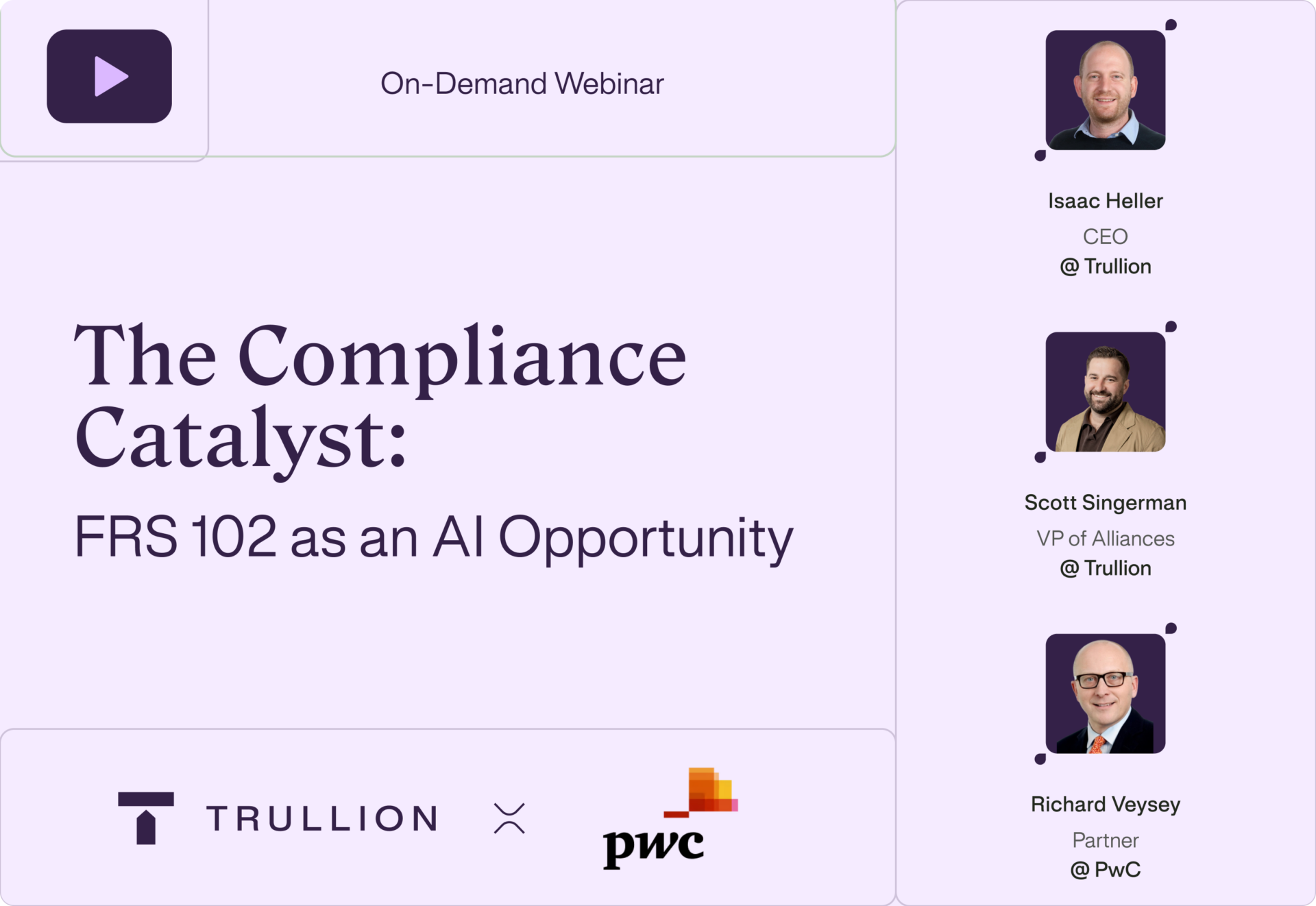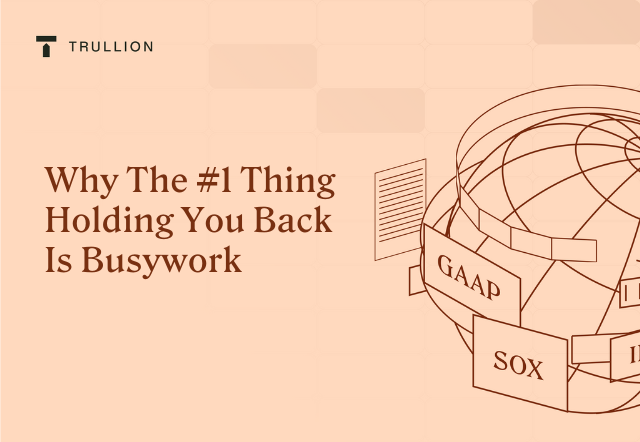“I feel the need … the need for speed!”
This famous line from Tom Cruise’s Maverick character in the original Top Gun movie could equally describe business today. Everything is moving faster, and thanks to technology, so much more can be accomplished in significantly less time.
For CFOs and other finance leaders, the volume and pace of work today represent both a challenge and an opportunity.
While more can be achieved thanks to the likes of AI and automation, the true potential of a CFO often remains untapped, shadowed by the relentless demands of financial reporting, compliance, and operational finance tasks.
The main culprit here? Busywork.
We’ll explore how stepping away from routine tasks allows CFOs to focus on strategic initiatives, adding tremendous value to their organizations.
The Evolution of the CFO Role
The transformation of the CFO role from financial gatekeepers to architects of business strategy signifies a pivotal shift in corporate leadership.
No longer confined to reporting historical data, CFOs are increasingly instrumental in steering their organizations towards strategic growth and innovation. This evolution reflects a broader understanding of financial leadership as integral to strategic decision-making, guiding companies through complex challenges and opportunities for value creation.
Leading CFOs are seen as visionaries, redefining their roles and embracing a holistic approach to drive business expansion and navigate the complexities of global markets and technological disruptions.
A great example of this is Ruth Porat, previous CFO of Morgan Stanley and Google’s parent company Alphabet. Having recently been promoted to the newly created role of president and chief investment officer of Alphabet and Google, Porat is known for her visionary leadership – and her recent appointment is a perfect example of the massive holistic impact a CFO can have.
And yet, far too many CFOs have not been able to unshackle themselves from endless day-to-day tasks and deadlines, to fully embrace their potential.
The Impact of Busywork
In an article titled “Beware a Culture of Busyness,” the Harvard Business Review presents an entertaining anecdote where a man who migrated to the United States soon began to interpret the word “busy” as synonymous with “good.” This realization dawned on him when, upon inquiring about people’s well-being with “How are you doing?”, the frequent reply he received was, “Busy.”
The authors note that the percentage of employed Americans reporting that they “never had enough time” jumped from 70% in 2011 to 80% in 2018, and this figure is likely still rising.
The article makes the crucial point that “When it comes to corporate life, busyness is not a virtue, and it is long past time that organizations stopped lionizing it. Evaluating employees on how busy they are is a terrible way to identify the most creative and productive talent. Yet many firms reward and promote only people who display how ‘hard’ they’re working.”
Busywork consists of tasks that, despite consuming significant time, fail to contribute to an organization’s strategic goals. These include manual data entry, repetitive reporting, and the administrative aspects of financial management that, while necessary, do not directly advance business objectives.
One of the dangers of busywork is its gradual, often unnoticed, encroachment on a CFO’s time. It’s only upon reflection at the end of a day, week, or month that you may find yourself asking, “What significant or strategic outcomes have I truly accomplished?”
The emphasis on busywork inadvertently shifts focus away from more impactful activities, limiting the potential for growth and innovation within the finance function and the broader organization.
Beating Busywork: Becoming a Strategic CFO
How can busywork be beaten? We’ve narrowed it down to three key steps:
- Delegating routine tasks to qualified team members or outsourcing where appropriate to free up significant time for CFOs to focus on strategic initiatives
- Automating processes through technology, especially AI, which not only reduces the risk of errors but also allows the finance team to allocate more resources to analytical and advisory roles
- Prioritizing tasks by their strategic value, ensuring that efforts are concentrated on activities that directly contribute to business growth and operational efficiency
To surmount the challenge of busywork and unlock the CFO’s strategic potential, it’s essential to implement these three pivotal steps effectively.
By delegating routine tasks, embracing AI and automation, and prioritizing tasks based on their strategic value, CFOs can significantly free up their time and focus.
Automation: The Power of AI-powered Automated Accounting Software
By 2030, 30% of what people currently spend time on could be automated, a trend accelerated by AI. This is an average number; for accounting and finance professionals, this figure is likely much higher due to a combination of repetitive tasks, access to data, and a structured environment (for example specific accounting rules).
Already, AI makes much of this automation possible. This liberating fact should make CFOs reconsider how they spend their time, the tools that they’re using, and the balance between busywork and strategic impact.
Getting started with AI and Automation
Where should a strategic-thinking CFO who wants to transcend busywork start? How can you combine accounting, finance, AI and automation to eliminate busywork and focus on strategy?
One first step could be AI-powered automated accounting software. By implementing this technology, finance leaders can minimize the time spent on manual processes, ensure compliance, and significantly reduce the likelihood of errors.
The automation of routine tasks such as data entry, the management of complex accounting areas like leases and revenue recognition, ongoing compliance and overall financial reporting means that CFOs and their teams can allocate more time to strategic activities that drive business growth and make a noticeable impact.
With the right AI-powered accounting software, CFOs can:
- Eliminate manual, repetitive tasks through intelligent automation
- Shift focus from reactive problem-solving to proactive strategic planning
- Access advanced accounting and compliance workflows
- Receive relevant reports and notifications
- Improve overall business performance
- Lower operational costs and enhance productivity
- Update finance operations with automated processes
- Maintain alignment with current accounting standards
- Produce transparent, audit-ready reports with ease
Goodbye Busywork, Hello Strategy
The path from efficient operational leader to strategic visionary has its challenges, chief among them being the danger of busywork. For CFOs, the future lies in leveraging delegation, automation, and prioritization to transcend this.
The #1 thing holding you (and your teams) back isn’t your capability or opportunity – it’s busywork. By recognizing this and taking decisive steps to address it, you unlock the door to becoming the strategic, value-adding leader your company needs.










